Evolving Strategies for Early-Stage Esophageal Cancer: FLOT, CROSS, and Immunotherapy
By Nataliya Uboha, MD, PhD, Zev Wainberg, MD, MSc, Suneel Kamath, MD, Sunnie Kim, MD - Last Updated: March 19, 2025A roundtable discussion, moderated by Nataliya Uboha, MD, PhD, discussed the current treatment considerations for gastric cancer, GEJC, and ESCC, as well as relevant clinical trial data from the 2025 American Society of Clinical Oncology Gastrointestinal Cancers Symposium. Dr. Uboha was joined by Zev Wainberg, MD, MSc; Suneel Kamath, MD; and Sunnie Kim, MD.
In the second segment of the roundtable series, the panel explores recent advancements in managing early-stage esophageal cancer, emphasizing the paradigm shift toward FLOT chemotherapy over traditional chemoradiation following the ESOPEC study, challenges in treating patients ineligible for FLOT, the role of adjuvant nivolumab, and ongoing research on perioperative immunotherapy.
View the next segment on Navigating Adjuvant Therapies in Early-Stage Esophageal Cancer: The Role of IO and MRD Testing.
—
Dr. Uboha: Let’s switch gears. We’ll discuss treatments based on these biomarkers later, but for now, let’s focus on early-stage disease. There have been changes in how we manage early-stage esophageal cancer in the past year. Dr. Kim, maybe you can summarize some recent data and how you treat these patients.
Dr. Kamath: That was a major paradigm shift for us, and I’m sure for many institutions, with the release of the ESOPEC study. I conducted a study comparing FLOT versus CROSS, addressing a question we’ve been considering for many years. The data were surprising: a significant improvement for FLOT over CROSS. The median overall survival was around 66 months for FLOT compared to about 37 months for CROSS. This really made us reconsider using FLOT not just for gastric cancer patients but also for GEJ and esophageal cancers.
We were discussing earlier how radiation oncology plays a role. For early-stage patients, radiation is no longer a default part of the treatment. Due to this paradigm shift, it’s only considered if the patient isn’t eligible for FLOT. If they are not FLOT-eligible, we refer them to radiation, but that’s now a secondary option.
I believe FLOT should be the standard of care for all eligible patients. However, FLOT is not the easiest regimen to administer. We’re getting more creative with ways to modify it—adjusting the schedule and dosage—because the survival benefit is so substantial. Even small changes are likely better than reverting to chemoradiation. We need to improve our ability to offer FLOT to more patients. Similar to FOLFIRINOX in pancreatic cancer, it seemed daunting initially, but over time we learned it could be administered to older patients and those with comorbidities. I believe the same will happen with FLOT.
Dr. Uboha: Dr. Kim, what do you do for patients who are not good candidates for FLOT?
Dr. Kim: I fully agree that there’s been a learning curve with FLOT, and I think we can administer it to more patients than we initially thought by using dose reductions, particularly for taxol. However, a sizable portion of patients—70-plus-year-old men with clear contraindications—cannot tolerate FLOT. For them, we default to chemoradiation.
We use carboplatin and paclitaxel. Some institutions use FOLFOX with radiation, but we’ve found it too toxic for this population. If the patient is surgery-eligible, they proceed to surgery, with the option for adjuvant nivolumab if there’s residual disease in the resected specimen. A recurring debate we have is whether patients who aren’t FLOT-eligible are truly surgery-eligible.
Dr. Uboha: That’s a point I often make to our multidisciplinary team.
You brought up the issue of adjuvant nivolumab. We currently can’t use immunotherapy in combination with perioperative chemotherapy, as there’s no approval for that, and there’s also no survival data yet from adjuvant nivolumab or the KEYNOTE-577 study.
Dr. Wainberg, can you discuss some of the negative studies involving immunotherapy and what upcoming results we’re anticipating?
Dr. Wainberg: It’s tricky because esophageal and gastric cancer often overlap. We know that adjuvant nivolumab met its endpoint for disease-free survival, but we’re puzzled as to why overall survival data haven’t been published yet.
Regarding immunotherapy for GE junction cancers, we had a negative outcome with the KEYNOTE-585 pembrolizumab combination study. It faced statistical challenges and failed to meet its endpoint, even for the predefined cohort.
Now everything hinges on the perioperative study involving durvalumab combined with FLOT. If it meets its event-free survival endpoint, we might be able to extrapolate the findings to esophageal cancer, even though esophageal cases likely represented a minority of the study population. The big question will be whether the results depend on PD-L1 characteristics. We should have answers within the next year.
Dr. Uboha: Hopefully, it will be a positive study. I was encouraged to see an improvement in pathological complete response rates with durvalumab, although we saw the same with pembrolizumab without translating to survival benefits. Pathologic complete response isn’t always a reliable endpoint in this disease, but it would be great to have a better perioperative treatment option.
Dr. Wainberg: It’ll be challenging if the study is positive. Treatment will span not just the pre-op and post-op phases but also a full year, making it a long regimen.
Dr. Uboha: It could also affect how we choose first-line treatments. Ideally, patients won’t recur, but if they do, this will change our approach to first-line therapy.
Dr. Wainberg: Absolutely. For those who do recur, we’ll need to rethink how to approach them as potentially immune-resistant cases.

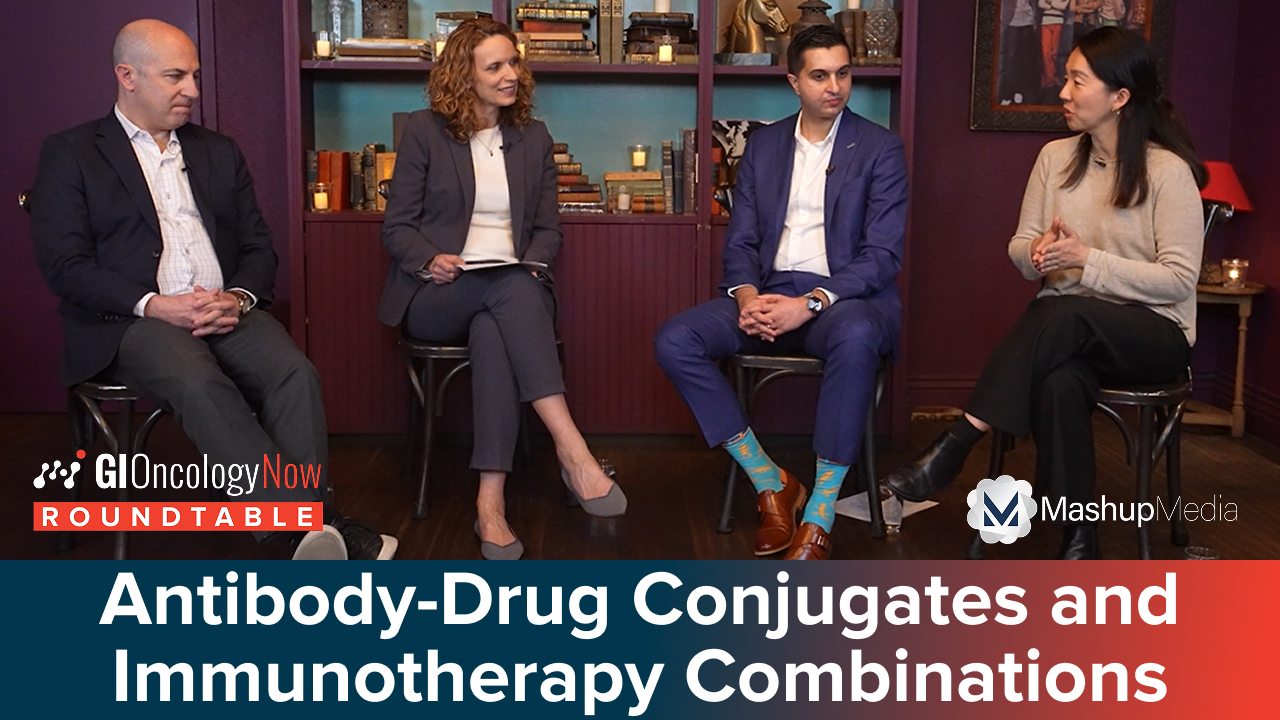
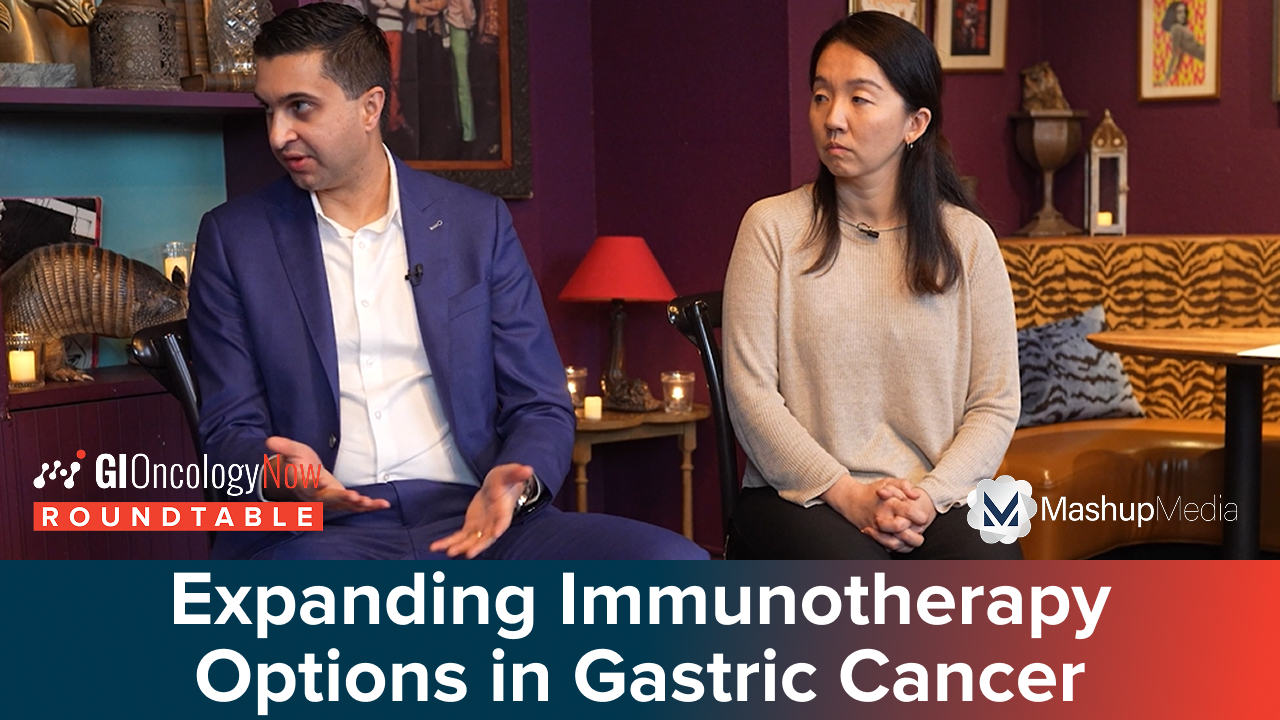
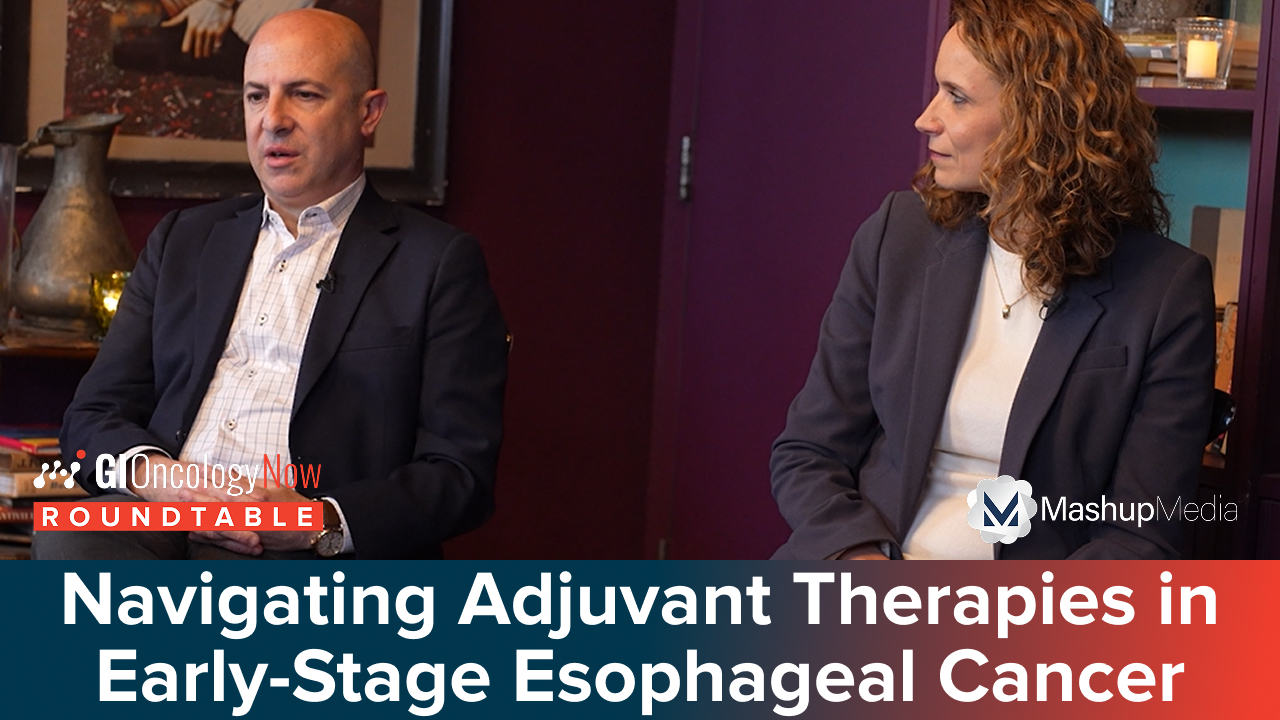
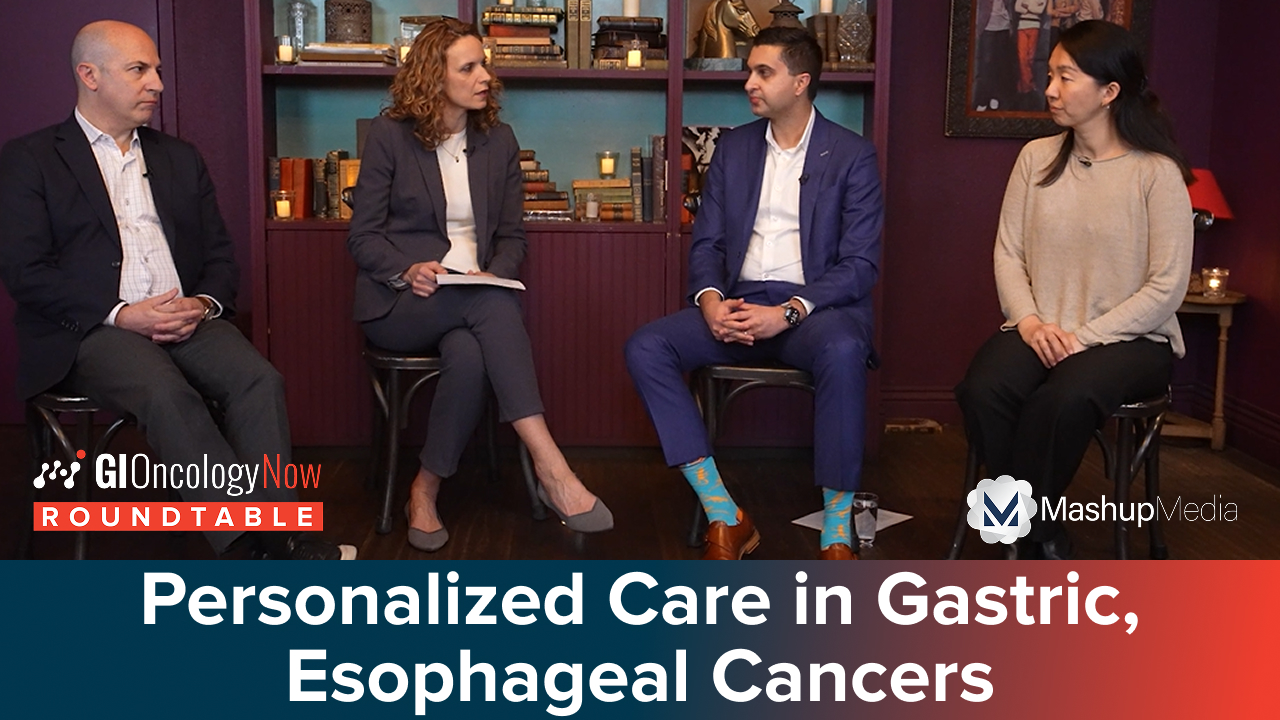
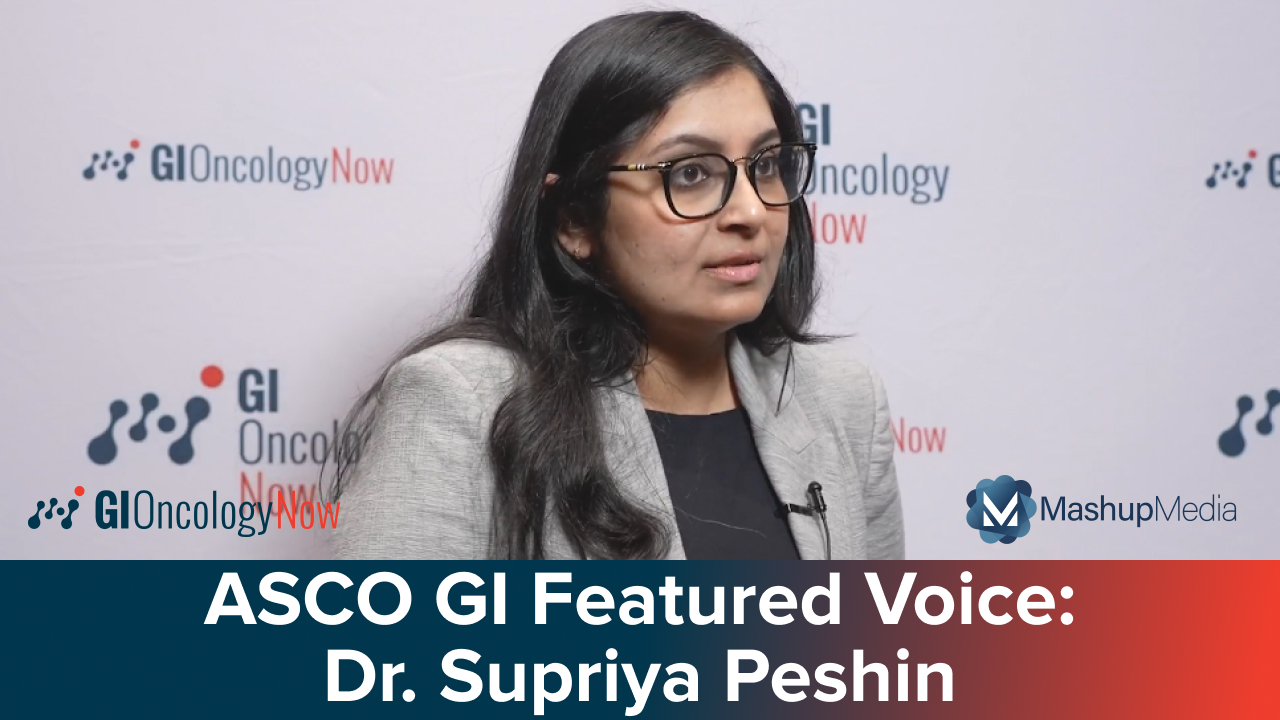

 © 2025 Mashup Media, LLC, a Formedics Property. All Rights Reserved.
© 2025 Mashup Media, LLC, a Formedics Property. All Rights Reserved.